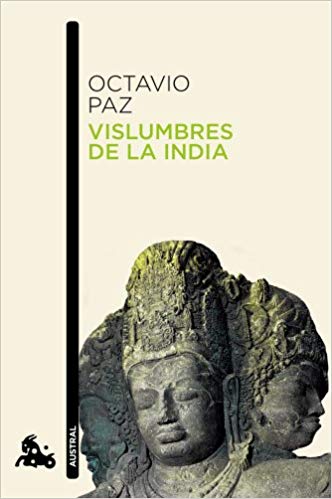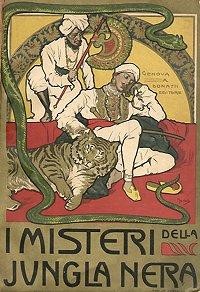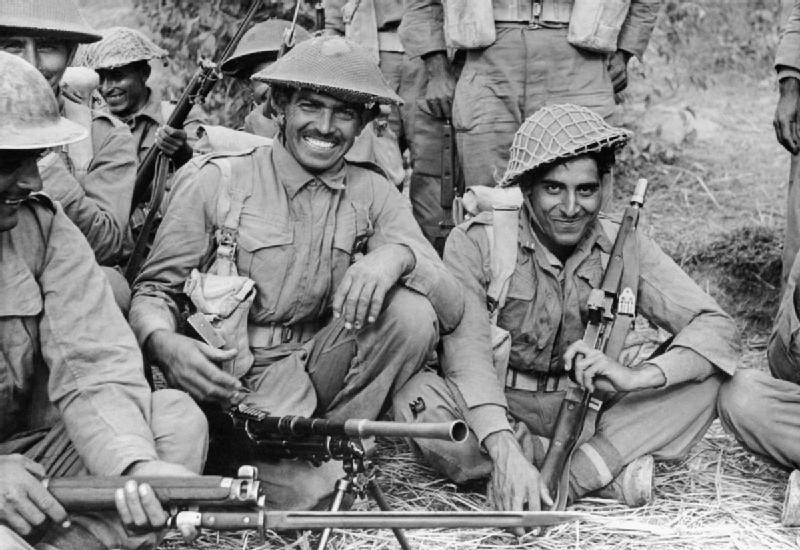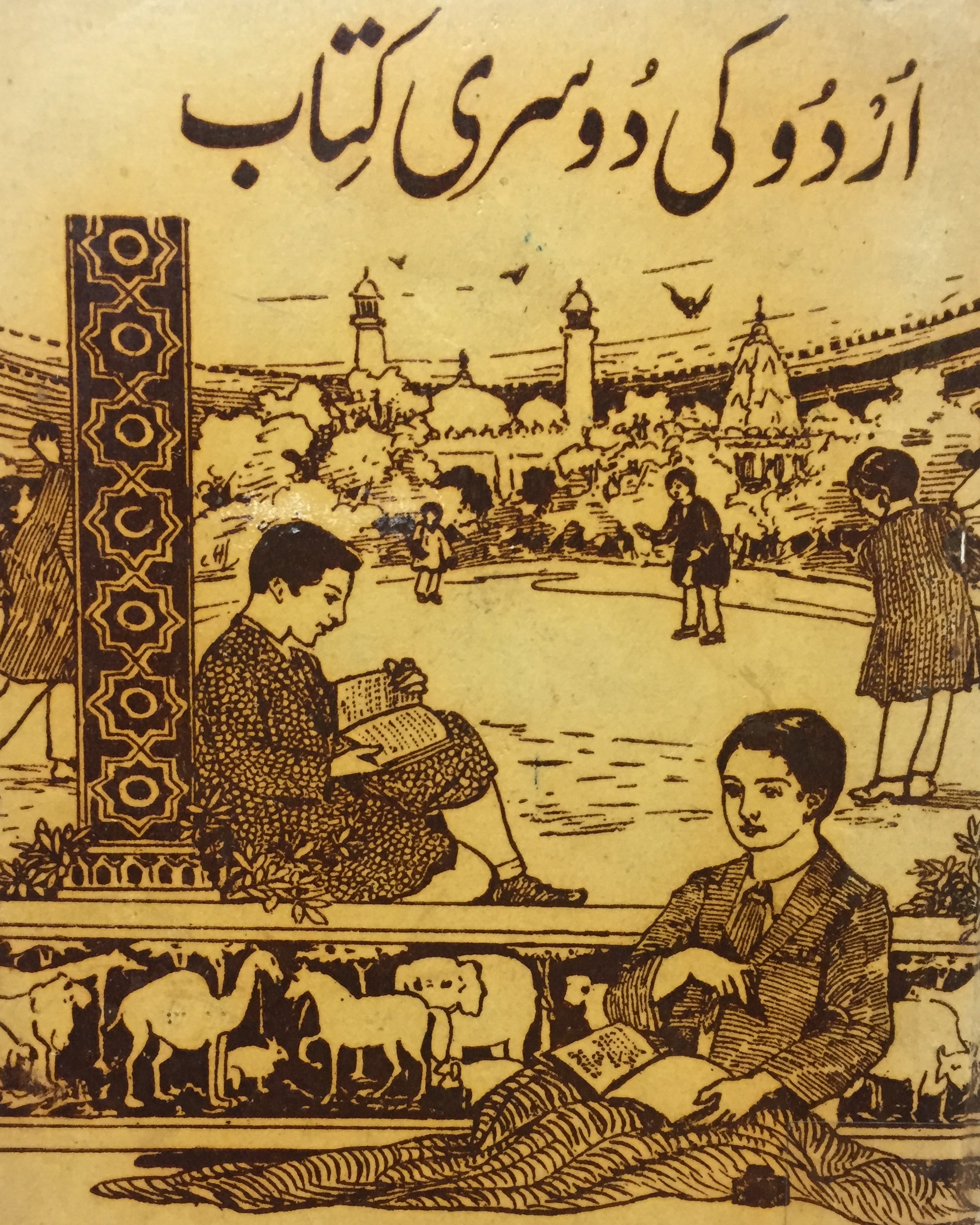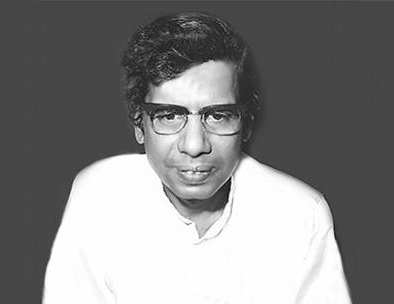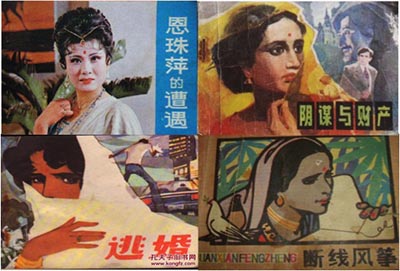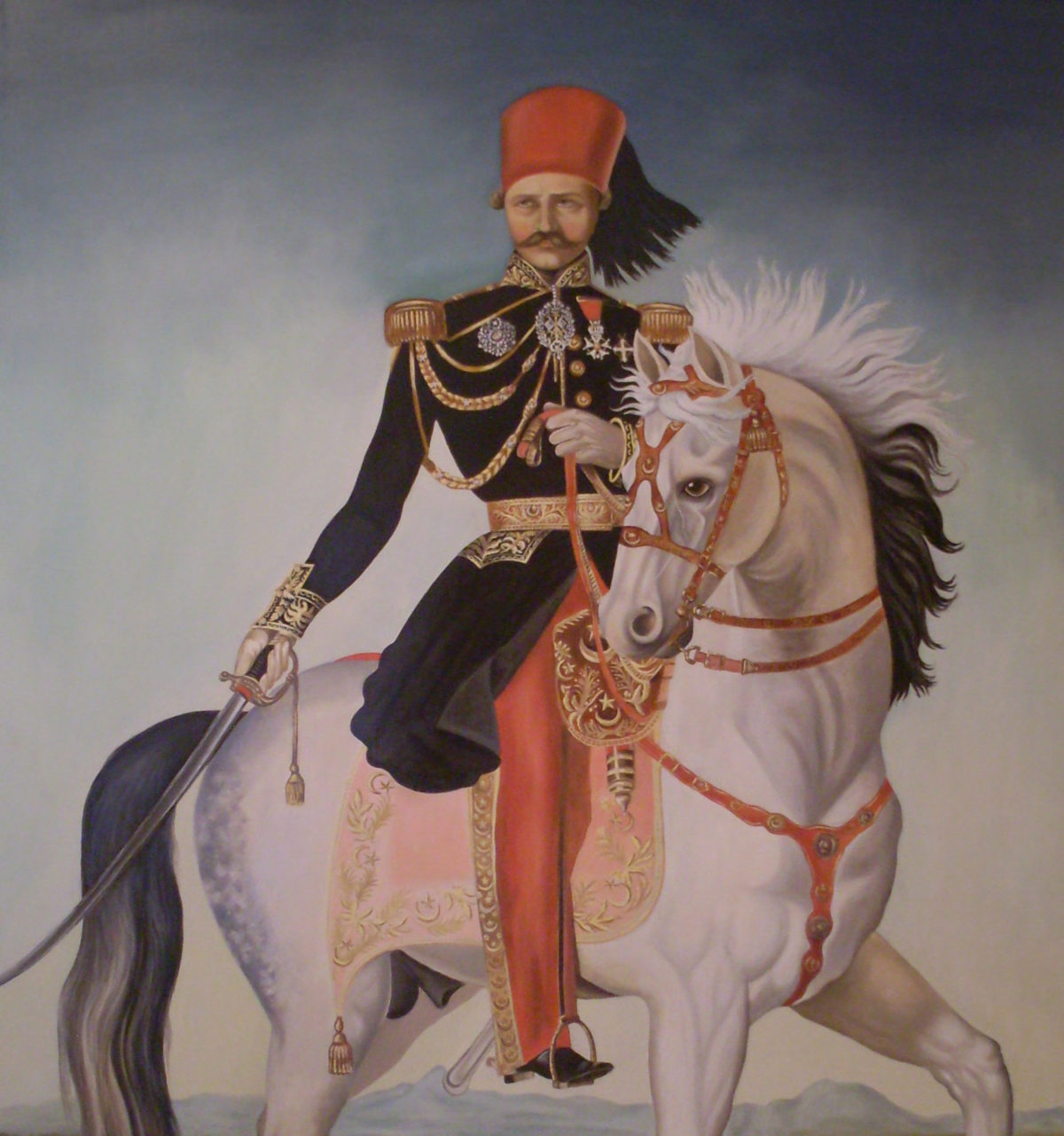Eastern Literature as Happenstance
Jia Yan is Assistant Professor of Hindi and Indian literature in the Department of South Asian Studies at Peking University. He holds a PhD in Cultural, Literary and Postcolonial Studies from SOAS, University of London. His research interests include modern Hindi literature, post-1950 literary relations between China and India, and comparative/world literature.



